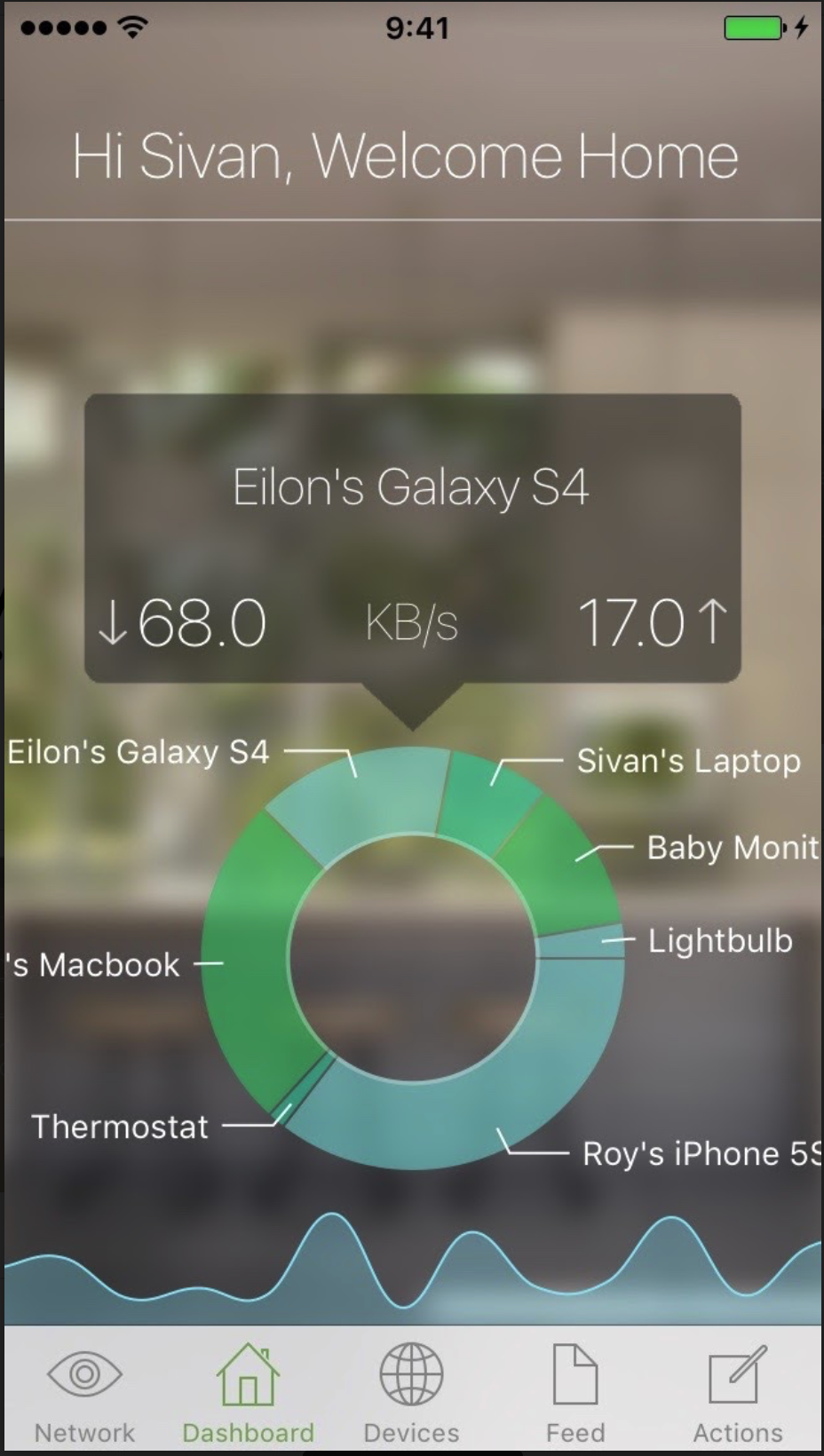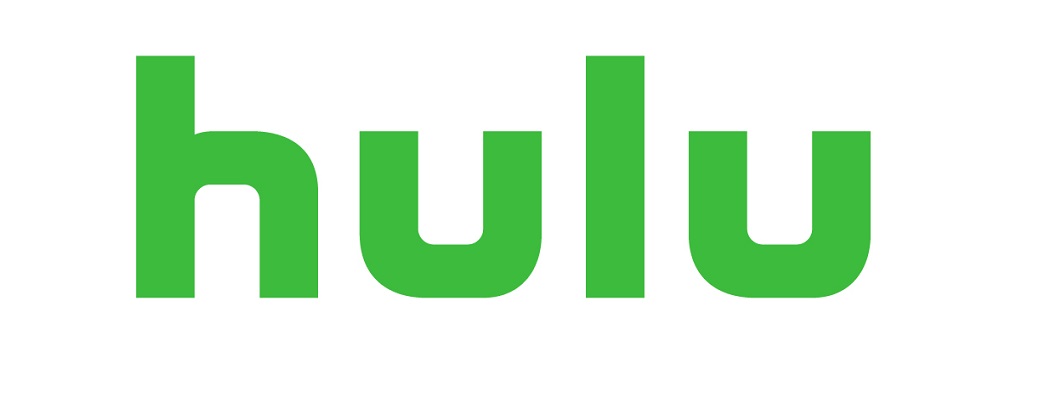While I was talking to a tech professional at CES about Alexa connected products he said something that stuck out. He said that if someone was listening in on his conversations via his TV that they would be bored. It’s easy for us to jump to such conclusions. Unless we are spies or dealing with classified information, how vulnerable could a regular person be to surveillance? The truth is that nobody is all that interested in what the average person is talking about over dinner. But believe it or not there are plenty of people interested in gathering information on you and the numbers bear it out. My last day in Las Vegas I sat down with representatives from SAM, an internet security company based out of Israel has been working to secure home and small office networks across Israel and Europe since 2016. According to the security firm there are 6-7 security attacks a day on European Households. And they estimate there are likely more in the US. During our conversation I came to understand that it is probable that people do not think about securing their homes correctly.

For instance, most people have some form of anti-virus on their computers. Norton, AVG etc. And 30 years ago that pretty much had you covered. Because the only thing connected to the Internet was the computer, via the lighting fast 56k modem. But the advent of high-speed internet and home WiFi has really changed the game via the (IOT) or Internet Of Things. What is the Internet Of Things? It is the web of connected devices that we have brought into our homes and our lives in general. When we secure our home from actual people physically entering our homes what do we do? We lock the door, we make sure that the windows are locked. We install motion detector lights and a security system. Those on the more cutting edge are beginning to install door bells with cameras on them so that we can see who is there via a smart phone or tablet. Maybe the security lights also function as a camera that we can see from our phones or TV. And that’s where they get you. Not the physical home invaders, but the digital ones. Those clever home defense devices that make us feel more secure are actually creating unlocked digital doors and hackers don’t see a hinderance. A Ring doorbell is an entry way.
The same goes for everything else in your home that connects to the internet and before you say well I don’t have that many consider a few things. Do you have one or more smart TVs? Do you have a Google Home device? Do you have smart Lightbulbs that controlled via your phone? Do you have a WiFi thermostat? How about a wireless printer? What about one of the numerous streaming devices? Even some coffee makers or smoke detectors are connected to the Internet these days. CES regularly highlights products that connect together for convenience like laundry machines and dish washers that tell you when they finish their tasks. But for each of those items we leave one more digital crack.
Oh but I don’t bank on my TV or the dishwasher, I use my Mac. Unfortunately that doesn’t matter. If there is a weak link anywhere in the system it can be exploited. But as we said at the top. There is not a complex international cabal of hackers targeting Jon Doe who makes $35,000 a year as a shoe salesman. The hackers are looking to attack entire systems. The individual is not that important, but think of the collective wealth of everyone in your town or city that connects to the Internet via the locally available cable company. An individual may even be an Internet security expert or have next to no internet connected devices in the home. But what about the mechanic who offers WiFi while you are getting your oil changed?
All of this is not meant to send you into a panic. It’s meant to paint a picture of our emerging reality in the digital age. And companies like SAM are part of the solution to the security threats that will face us going forward. It is not like Life Lock or some kind of personal home defense system, but instead a firm that works in the background along with providers and ISPs through B to B or business to business relationships. What they do is secure entire communication networks with systems designed to root out and prevent problems. While we are concerned with computer viruses and the like, SAM doesn’t operate with that kind of mentality. SAM puts into place something more like antibodies that attack anything that is not supposed to be there. It does so in an invisible way that leaves the consumer none the wiser because those who are being served never install anything or have equipment. By protecting home gateways like modems from the source of the information hub they are able to cast a net or dome around an entire network. And soon you may find out that they are doing so in your community. The company is beginning to build relationships with American companies that will allow them to integrate their solutions into their normal services. The companies probably won’t advertise that they are working with SAM, and you probably won’t see it on your bill because in general companies brand things their own way. But help is on the way.
In general consumers should stay ever vigilant when it comes to internet security. Especially small business owners like the fictional oil change business or even a small dental practice. Because while Apple may not need extra help to deal with Internet security threats companies need more than a guy who resets the router and loads new software on the computer to keep out the kinds of attacks that are starting to hit us. Going forward it is up to the consumer to demand better protection from the kinds of things that threaten our Internet security. Keep that in mind when you communicate with your ISP and maybe start a conversation about what they do to keep networks safe.






